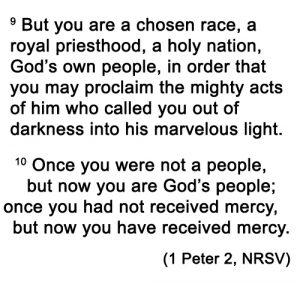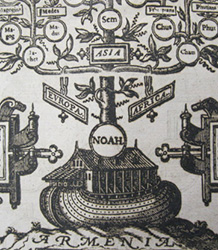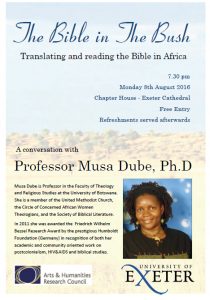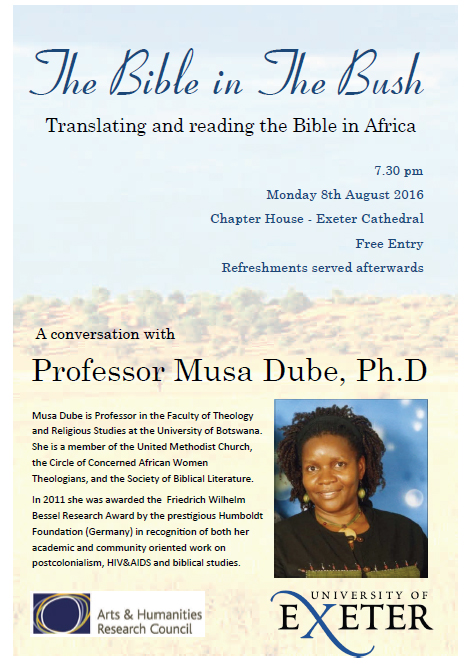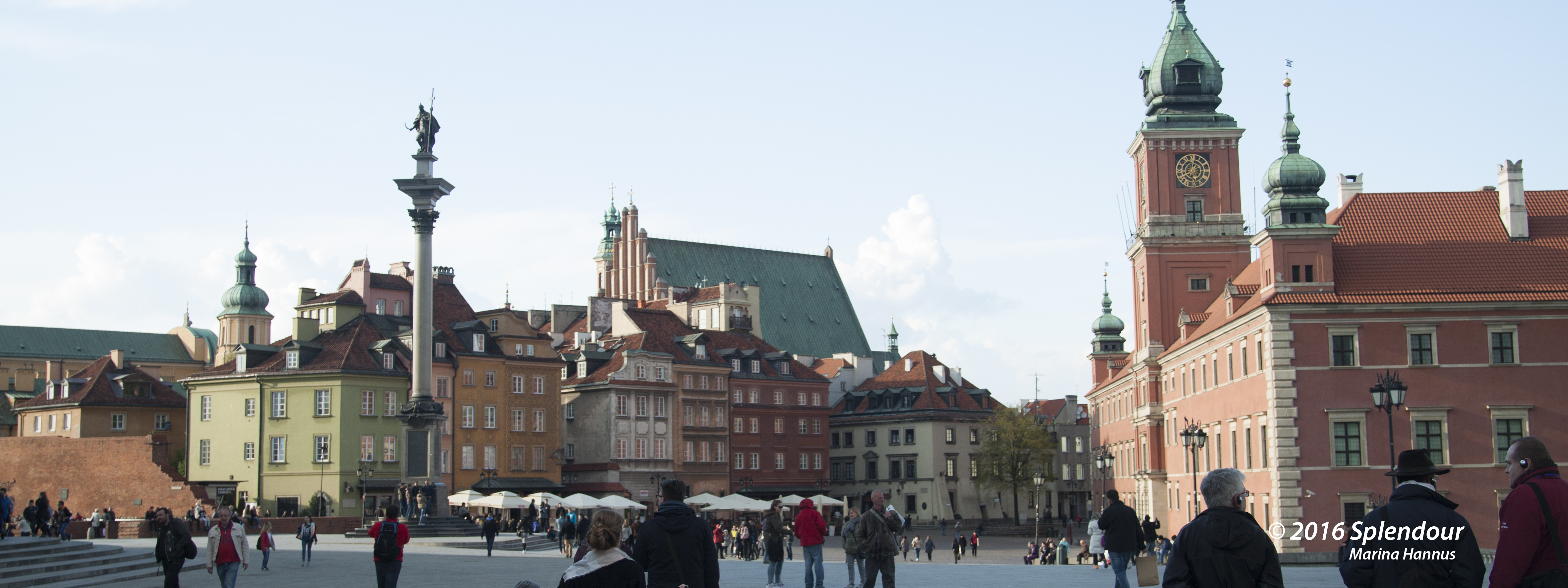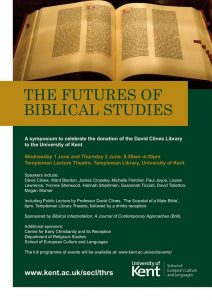Dr Susannah Cornwall offers her reflections on her opportunity to deliver the 2017 Santa Clara lecture on Gendered Theologies and the Common Good.

Credit: Dr Susannah Cornwall
In October I visited Santa Clara University in San Jose, California (about an hour south of San Francisco) to deliver the Santa Clara lecture on Gendered Theologies and the Common Good. This was part of the 2016-18 Bannan Institute on the Common Good, hosted by the Ignatian Center for Jesuit Education at Santa Clara.

Credit: Paige Mueller and Chuck Barry
I usually love travelling to give papers and meet other researchers as part of my job, but I had a certain amount of trepidation this time, because I was aware that 13,000 people had signed a petition calling on Santa Clara to rescind their invitation to me on the grounds that I was not a suitable person to be hosted by and speak at a Catholic university. However, I received wonderful hospitality and a warm welcome in Santa Clara, even if the experience of being escorted by a bodyguard and having everyone security-checked before they entered the lecture was somewhat surreal.

Credit: Paige Mueller and Chuck Barry
Questions surrounding gender identity are freighted in Roman Catholic circles at the moment, particularly in the US, and Pope Francis has spoken of his reservations about the “gender agenda” and the way in which it might diminish the theological significance of distinct and divinely-ordained maleness and femaleness. It was great to address a mixed audience including clergy from several dioceses, trans activists, academics, students and others to begin to think through the ways in which gender transition might, for some people, be understood as a way into healing and vocation, not a deviation from them.

Credit: Paige Mueller and Chuck Barry
I also had the privilege of visiting and speaking at several undergraduate classes whilst at Santa Clara. Most undergraduate degrees in the US last four years, and students initially take a portfolio of classes across a range of subject areas before choosing a Major in which to specialize. I was a guest speaker for classes in Gender, Race and National Identity in Twentieth-Century Europe (a History course); Sexuality and Spirituality in Latinx and Chicanx Literature and Theologies (a Religious Studies course); and LGBTQ Studies: Global Perspectives (an English course) – all of which were also cross-coded with Women’s and Gender Studies. It was great to see the diverse teaching and learning methods there, and to meet such engaged and motivated students.

Credit: Paige Mueller and Chuck Barry
In terms of research dialogues, I had meetings with faculty members from Religious Studies, Women’s and Gender Studies, and the Ignatian Center for Jesuit Education, and with the organizing collective for the Gender Justice and the Common Good research institute. They had in common their desire to root their research and teaching in real-world challenges, including how to understand the mission of a Catholic university today (which, for the Ignatian Center, includes witnessing to social justice in the heart of Silicon Valley).
I’ve very grateful to everyone who made the visit possible, particularly Theresa Ladrigan-Whelpley and Susan Chun at the Ignatian Center, and to all those I met and spoke to, from the University, the Diocese of San Jose, and beyond.
To watch the main lecture given by Dr Cornwall, click here.
Dr Susannah Cornwall is a lecturer in the University of Exeter Theology and Religion Department

